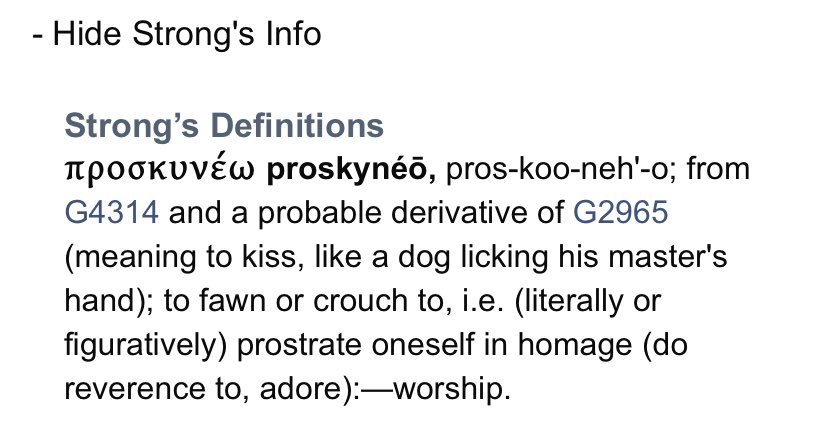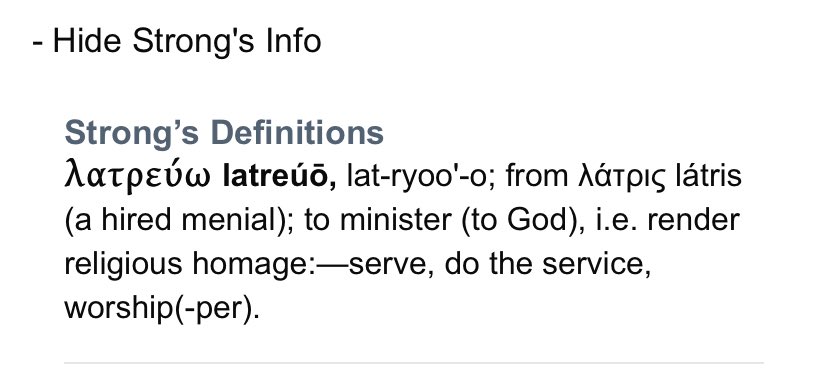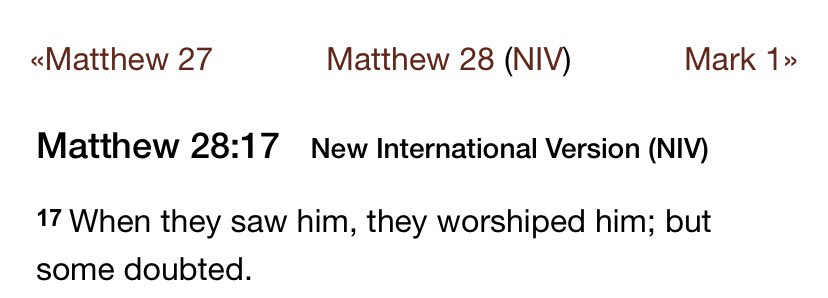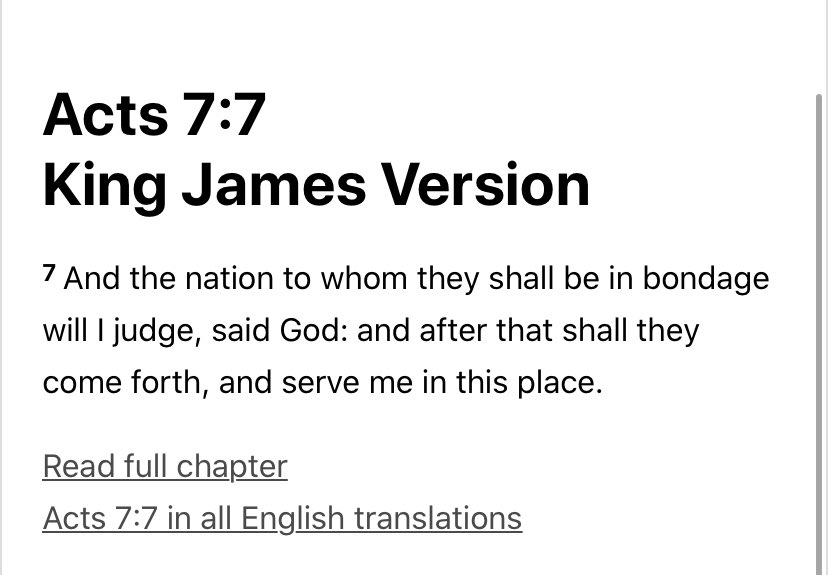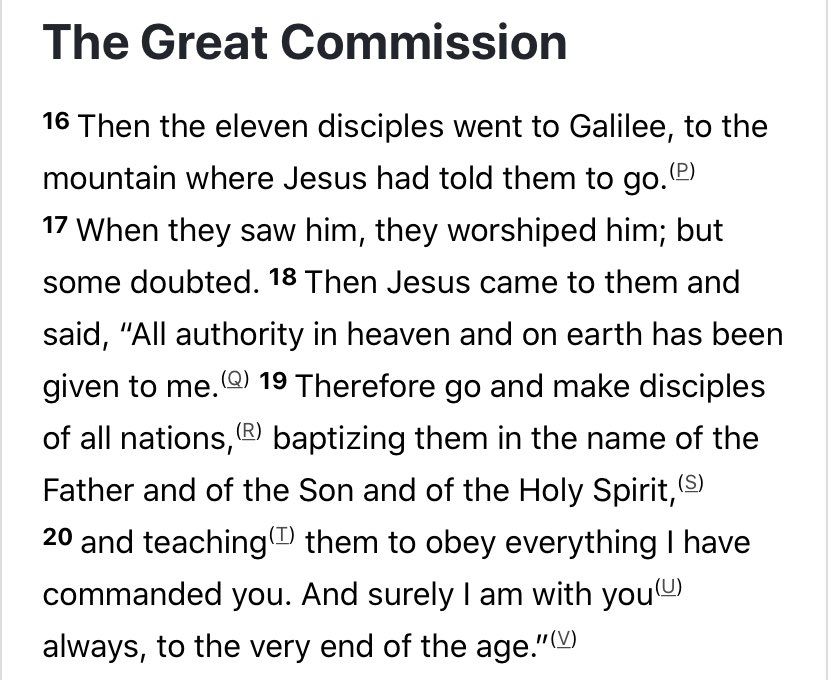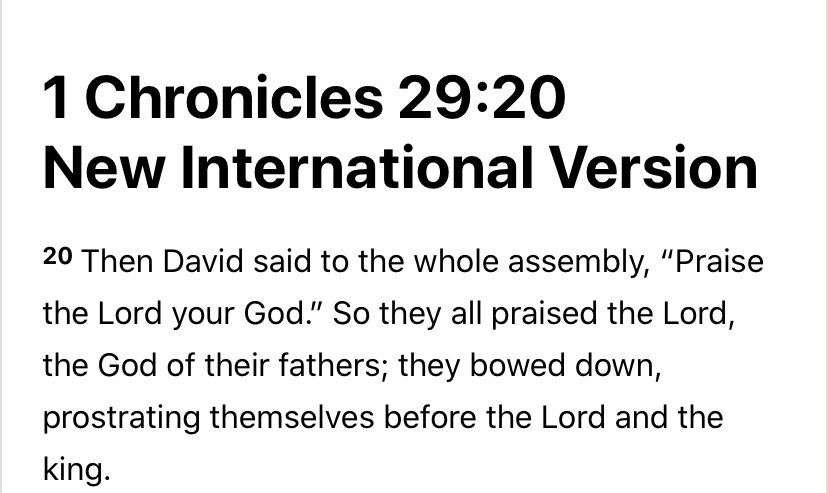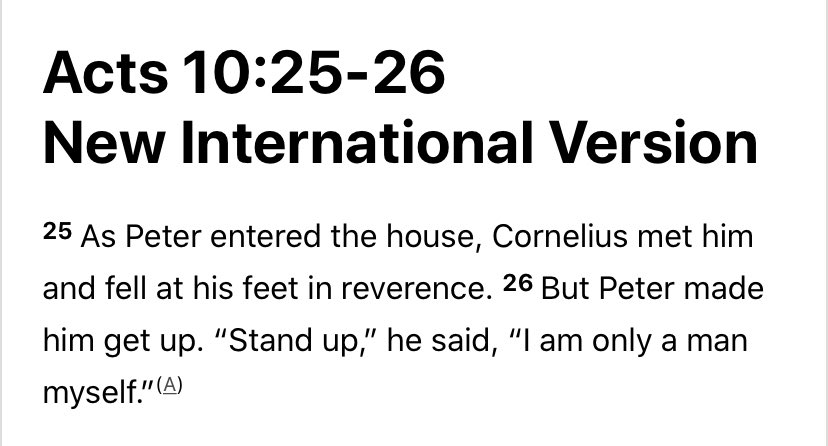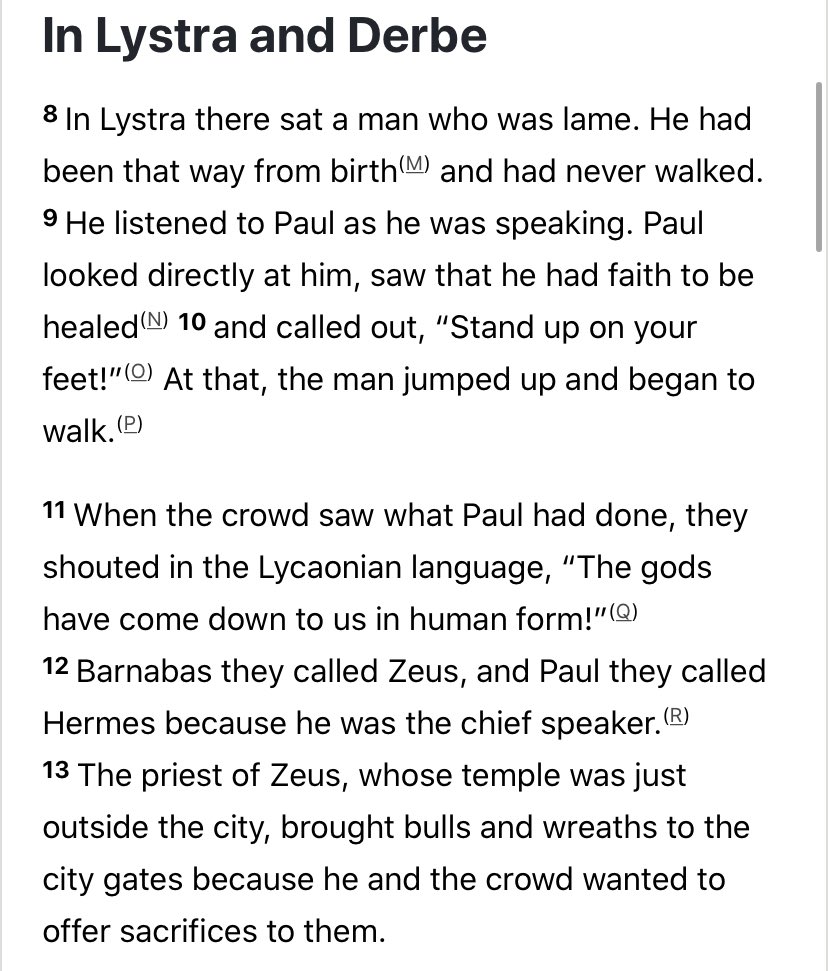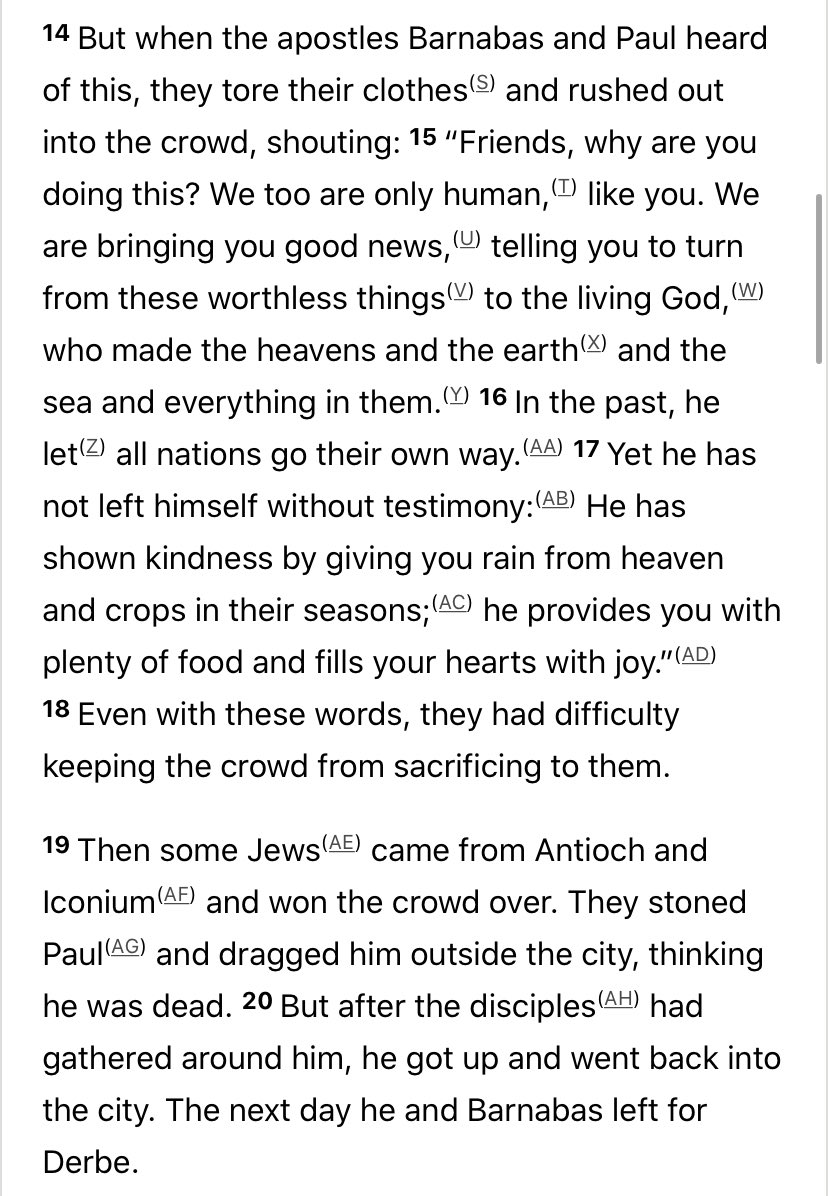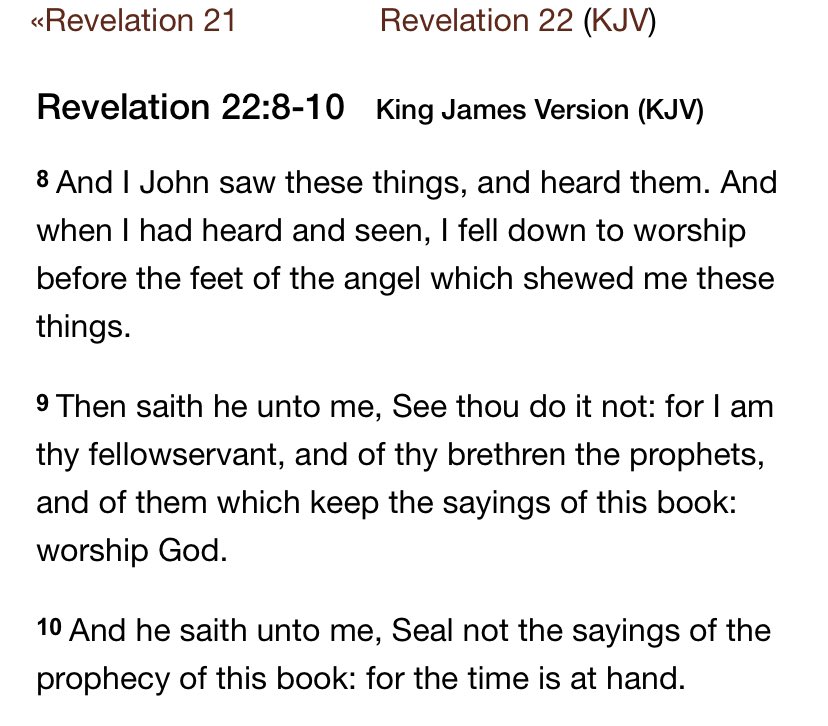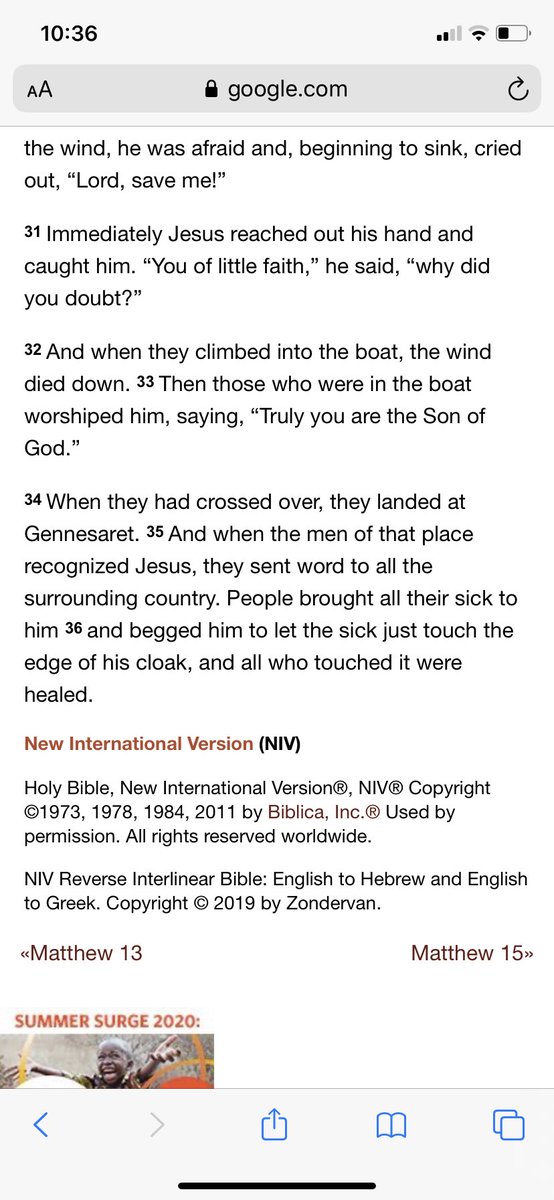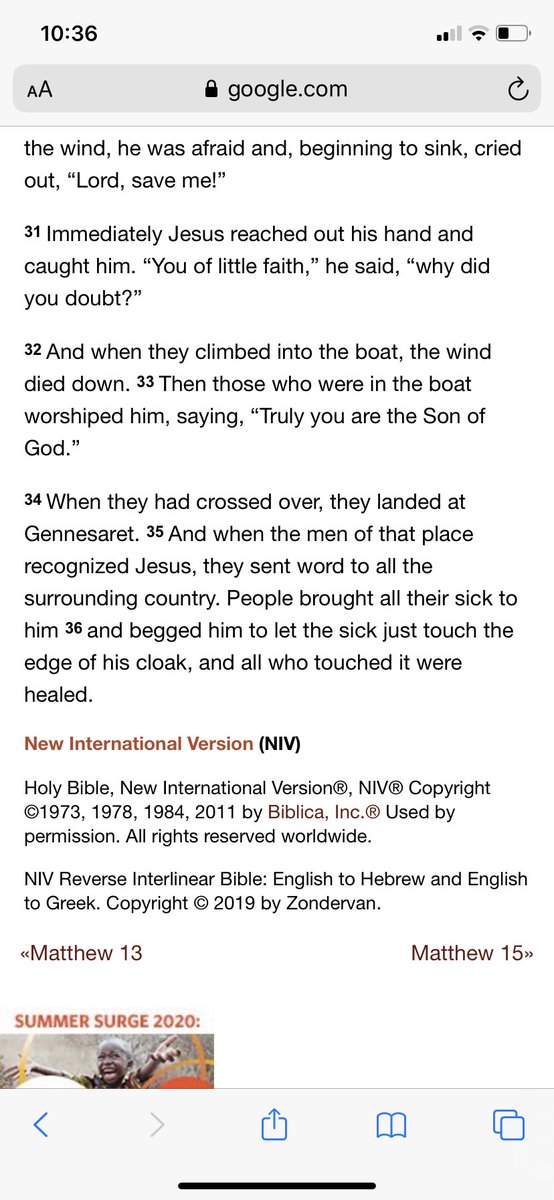The topic of language plays a pivotal part in the Bible. The New Testament was written in Greek and the ancient Greeks had a different way of describing things than we do in English. One of the fundamental proofs of this argument lies in proskyneo vs latreuo.
The argument is as follows. English language translators of the Bible render the English word “worship” by using either the Greek terms “proskyneo” or “latreuo”. The former means to kiss the hand towards in token of reverence. But it is also rendered as worshipped.
This starts a controversy because Muslims and Unitarians will argue that the Greek word latreuo is more correctly rendered as worship. So what exactly is the deal here? Do we just have a game of semantics? Let us now explore deeper.
A classic example put forth is as follows: Matthew 28:17 says that Jesus was worshipped but this word is proskyneo. In contrast Acts 7:7 uses latreuo when referring to God and is more accurately translated as worship.
But if you look at the context, Jesus does not correct not rebuke his disciples. If Jesus thought they were paying too much homage to him the text does not mention it. And this is key to me. Because it shows that the respect and worship paid to Jesus was correct.
Another example giving is First Chronicles 29:20 that is meant to distinguish between worship given to God and that of a man. Now these are the classic proof texts put forth. But scripture gives a clue to tackle them. So let us proceed.
Acts 10:25-26 also uses the term proskyneo which is rendered as reverence in some translations and worshipped in others. But the key here is that Peter immediately rebukes the man and says he should not be doing this. Yet Jesus did not do this when others “worshipped” him.
Another example is in Acts 14 when the crowds attempt to worship Paul and Barnabas and offer sacrifices to them. To which they immediately rebuke and correct the multitudes. They explain why this is incorrect to do.
Finally we have and example of John from Revelation. Here also proskyneo has been rendered as worship and the text shows John trying to worship an angel. The angel rebukes him and corrects him.
So what can we conclude then. To me it is clear that proskyneo can be rendered as worshipped and it makes sense. If it only meant reverence it would not demand the same harsh rebuke from Peter and the other apostles. The harsh rebuke from Paul shows it is worship.
Yet when Jesus is worshipped in the Gospels, he never corrects nor rebukes the praise that is rendered to him. And I think this is key. Surely if the disciples went to far in glorifying Jesus he would have rebuked them. But he did not.
Here is another example from Matthew where Jesus is worshipped and does not correct nor rebuke his disciples. To me this shows that what his disciples did was correct and not idolatry. It is beyond the scope of this thread to discuss all instances of Jesus being worshipped.
But in the few examples highlighted therein, we see that he does not rebuke his disciples nor does he correct them. In contrast to the other examples of created beings being worshipped where the ones receiving the worship do rebuke them. And this is a key thing to note.
In conclusion, I think proskyneo can be correctly used to say Jesus was worshipped. And if it was not acceptable then Jesus would have rebuked or corrected his disciples in the Gospels. That he did not do this means it is correct to follow the disciples.
Lastly I am open to any questions or inquiries regarding this thread. As always warm regards and God bless you.

 Read on Twitter
Read on Twitter